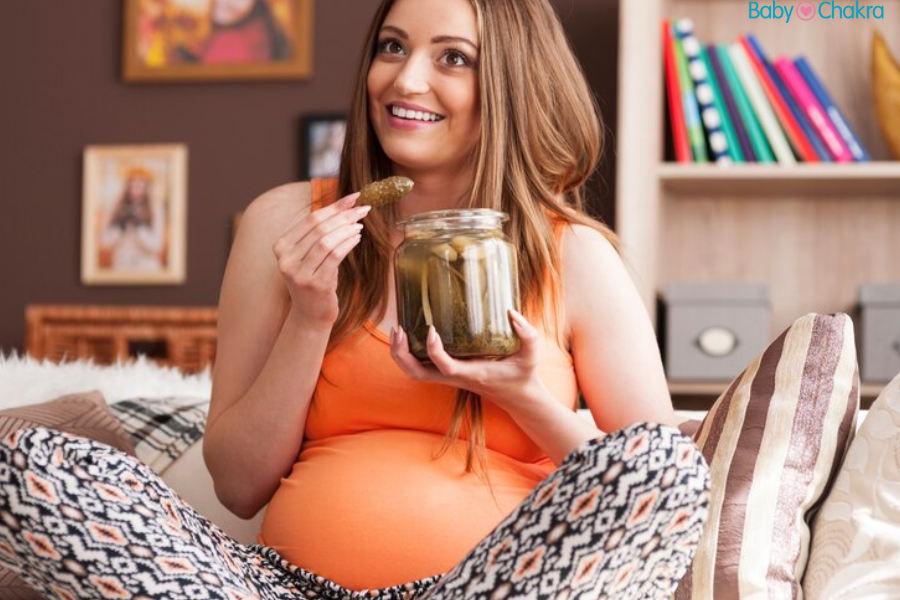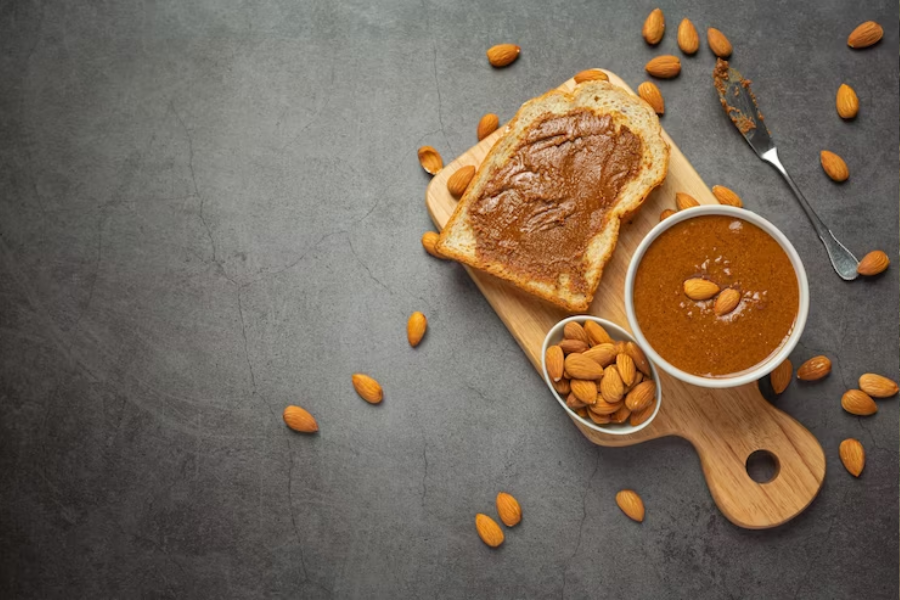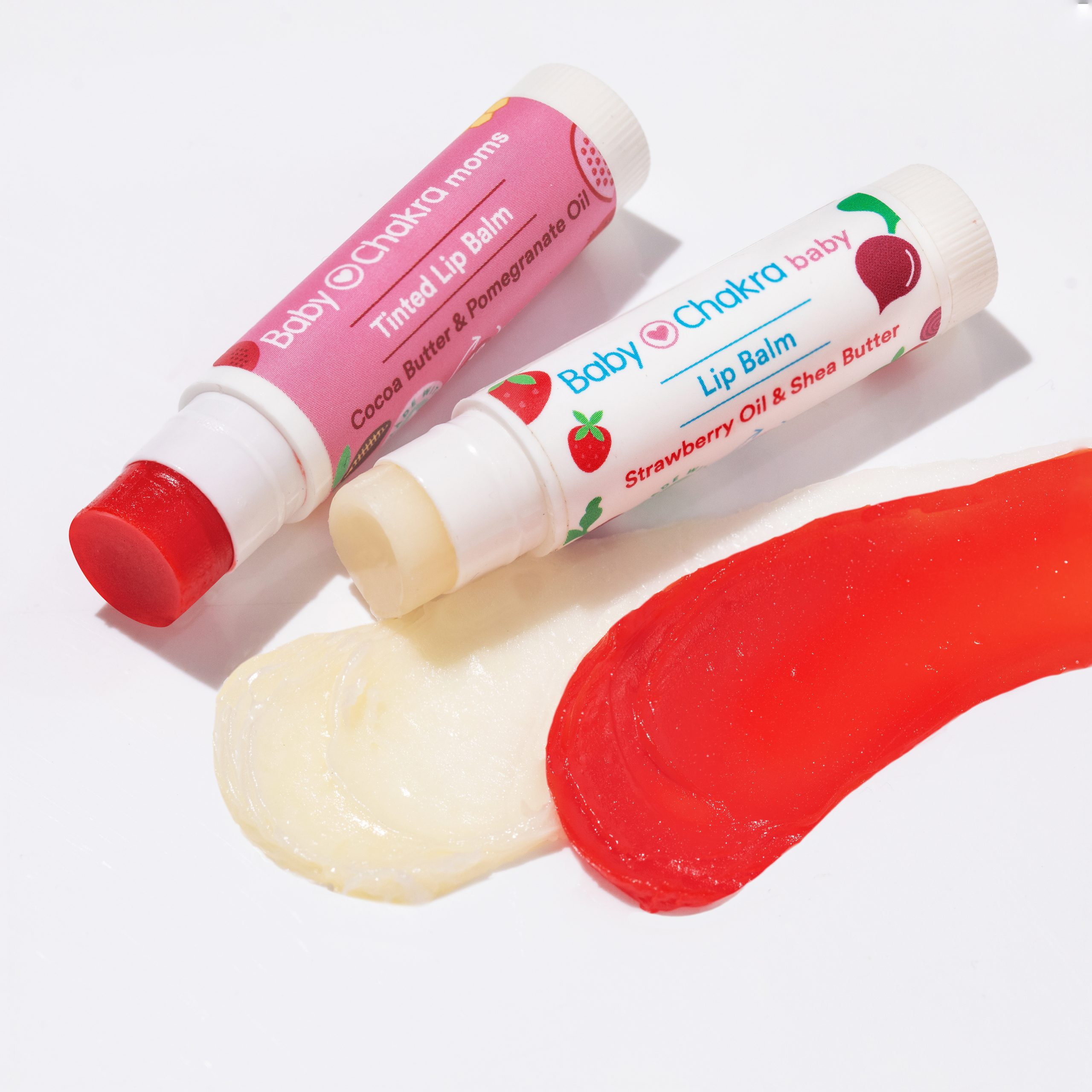
Is It Safe To Eat Peanut Butter During Pregnancy?
5 Jun 2023 | 4 min Read
Manisha Pradhan
Author | 1053 Articles
Pregnancy is a critical time for the health of both the mother and the developing baby. It is natural for expectant mothers to have concerns about their diet during this period. One popular food item that often raises questions is peanut butter during pregnancy.
Here’s all that you need to know about the safety of consuming peanut butter during pregnancy.
What is Peanut Butter?
Peanut butter is a nutritious spread made from ground peanuts. It is a rich source of protein, healthy fats, fibre, and essential vitamins and minerals. With its creamy texture and delicious taste, peanut butter has become a staple in many households. However, pregnant women need to consider specific factors before including peanut butter in their diet.
Food Allergies and Peanut Butter
One of the primary concerns about eating peanut butter during pregnancy is the potential for allergies in the baby. Research has shown that the early introduction of peanut products to an infant’s diet may help prevent the development of peanut allergies.
Consequently, it is now generally recommended that pregnant women without a history of allergies can safely consume peanut butter. However, it is crucial to consult with a healthcare provider before making any changes to your diet, especially if you or your partner have a history of food allergies.
What Are The Nutritional Benefits Of Peanut Butter During Pregnancy?
Peanut butter offers several nutritional benefits, which can be beneficial during pregnancy. It is an excellent source of protein, which is essential for the growth and development of the baby.
Additionally, peanut butter contains healthy fats, including monounsaturated fats, which can help support the development of the baby’s brain and nervous system. The spread is also packed with essential vitamins and minerals which contribute to a healthy pregnancy like:
- Vitamin E
- Folate
- Magnesium
- Potassium
What Are The Risks Of Eating Peanut Butter During Pregnancy?

Weight Gain
Weight management is a significant concern during pregnancy. While peanut butter is a nutritious food, it is also calorie-dense. It is essential to consume it in moderation to prevent excessive weight gain.
One serving of peanut butter (about 2 tablespoons) provides around 190 calories. Pairing it with whole-grain bread or incorporating it into a balanced meal with fruits and vegetables can help control portion sizes and ensure a well-rounded diet.
Contamination
Another aspect to consider when consuming peanut butter during pregnancy is the risk of contamination. Some brands of peanut butter may contain additives, preservatives, or excessive amounts of salt or sugar, which can be harmful if consumed in large quantities.
To ensure the safety of your peanut butter, read labels carefully and opt for natural, organic varieties with minimal additives. Proper storage and hygiene practices are also essential to avoid bacterial contamination.
Consuming peanut butter during pregnancy can be safe and beneficial for both the mother and the baby. However, it is important to consult with your doctor before making any dietary changes, especially if you have a history of food allergies.
Moderation is key, as peanut butter is calorie-dense, and excessive weight gain should be avoided. Opting for natural, organic peanut butter without excessive additives is recommended. By considering these factors and maintaining a well-rounded diet, you can enjoy the nutritional benefits that peanut butter offers during your pregnancy.
Pregnancy-safe skincare products
Also Read:
What Are The Benefits Of DASH Diet For Pregnant Women?: Here’s all that you need to know
Nature And Outdoors During Pregnancy And Postpartum: What are the benefits?
Cover image source: freepik
A


Related Topics for you
Suggestions offered by doctors on BabyChakra are of advisory nature i.e., for educational and informational purposes only. Content posted on, created for, or compiled by BabyChakra is not intended or designed to replace your doctor's independent judgment about any symptom, condition, or the appropriateness or risks of a procedure or treatment for a given person.


